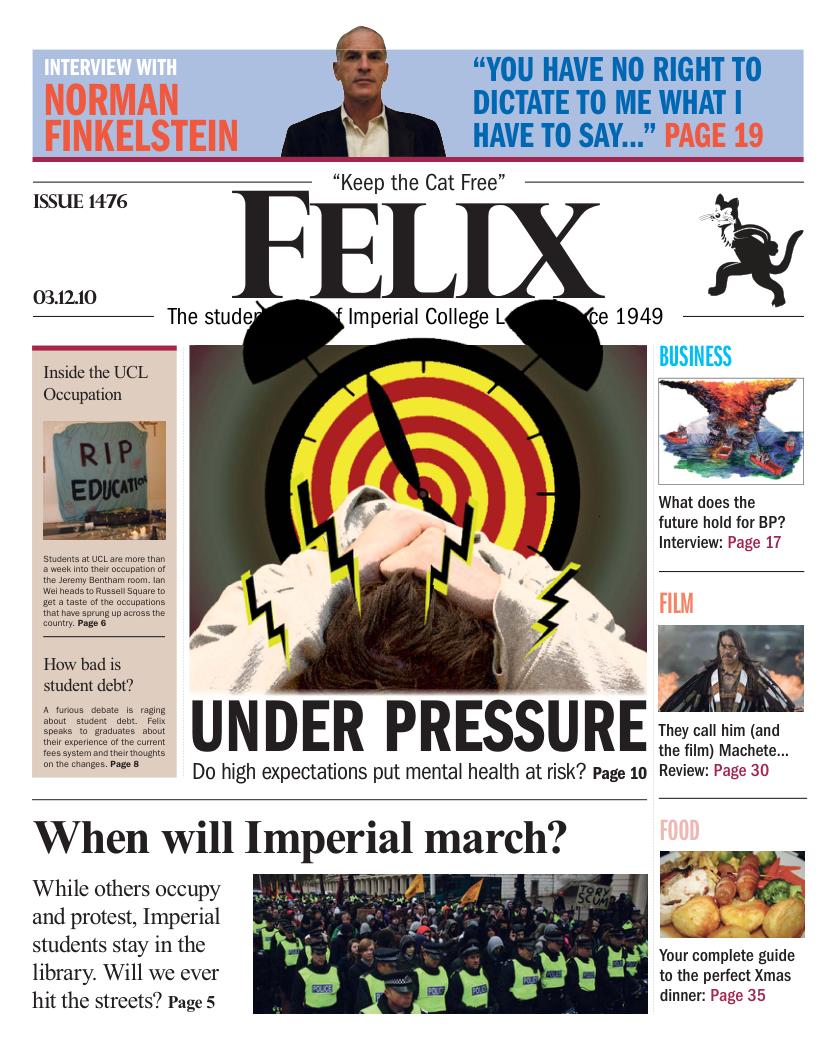Hidden behind a computer screen: The psychological effects of distancing through the internet
People find it easier to express their feelings hidden behind their computer screens
People find it easier to express their feelings hidden behind their computer screens. They can confess things to people that they would never talk about face to face, like suppressed feelings or personal thoughts. So how exactly did people communicate before the internet?
However, the distancing effects of Information Technology have drawbacks as well. People tend to trust strangers that they have met in chat rooms or in Facebook, more than in other situations of every day life. For example, many people expose their personal details and private moments to people all over the world over the internet without consideration. but they would get upset if a stranger stared at them in the street!
Recently, I've learnt about the psychological experiment on Obedience to Authority by Professor Stanley Milgram at Yale University that began in July 1961, which I think is a very good proof that humans behave very differently to each other when they are separated by a screen.
The subject of the experiment was random people who thought that they were participating in an experiment on their memory. Everyone had the role of a teacher who was responsible to ask a "learner"some questions and to give him an electric shock every time his answer was incorrect. Of course, the learner was an actor who wasn't actually receiving the shocks, he was just pretending to feel the pain.
The results were astonishing; many of the experiment participants administered a massive 450-volt shock, though many were very uncomfortable doing so.
Specifically, they were far more likely to do this when they could see the learner through silvered glass, but couldn't hear them than when they had to press the hand of the "learner" to the shock plate themselves.
It is not only obvious but also scientifically proven that the more the distance between people increases, the less they feel the effects that their actions can have. And as one of the main goals of technology is to increase communication between people who are far apart, this phenomenon happens more and more nowadays to the majority of people, without them even noticing it.
Does it work on you as well?








